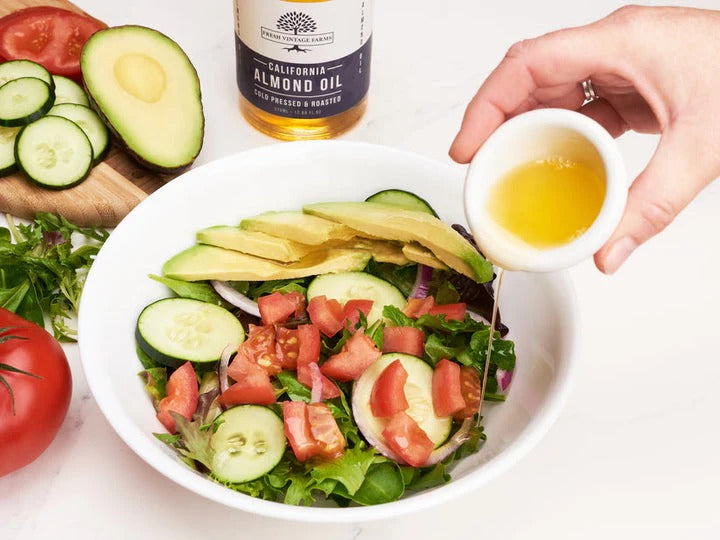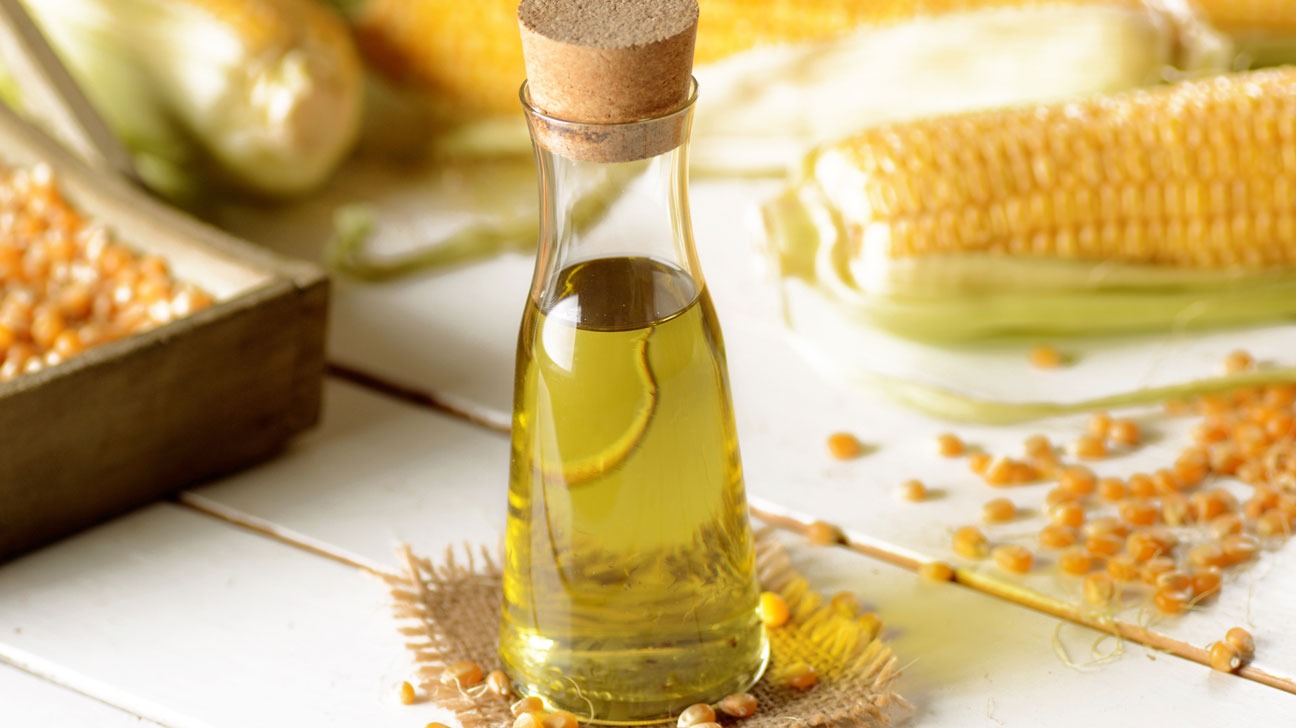Coconut oil has seen a significant rise in popularity in recent years due to its various health benefits and versatility in the kitchen. If you're wondering how to eat coconut oil and incorporate it into your daily diet, you're not alone. Many kitchen professionals and home cooks are keen to discover innovative ways to enjoy this remarkable oil.
In this article, we will explore everything you need to know about eating coconut oil, from its health benefits to practical applications in your kitchen. By understanding how to leverage the power of coconut oil, you can make more informed dietary choices that contribute to a healthier and more delicious lifestyle.

Understanding the Health Benefits of Coconut Oil
Before diving into how to eat coconut oil, it's essential to grasp its health advantages. Coconut oil is rich in medium-chain triglycerides (MCTs), which are known for promoting weight loss, boosting energy levels, and improving brain function. Additionally, it has antimicrobial properties that can aid in boosting your immune system. For more details on healthy eating habits, visit our Healthy Habits Guide.
Coconut Oil and Weight Loss
One of the most significant benefits of coconut oil is its ability to help with weight management. MCTs in coconut oil can increase your body's ability to burn fat, making it an excellent addition to a weight-loss diet. Studies show that consuming coconut oil can reduce abdominal fat, which is known to be particularly harmful. Check out our Weight Loss Tips for more information.
Boosting Energy and Brain Function
Another exciting benefit is the oil's capacity to boost energy and cognitive function. The MCTs in coconut oil are quickly converted into an energy source known as ketones, which provides rapid fuel for your brain and muscles. This makes coconut oil an excellent option for athletes and anyone looking to enhance their mental clarity. Learn more about fitness and energy.
Immune-Boosting Properties
Coconut oil has been shown to possess antimicrobial and antiviral properties. This makes it a natural choice for improving your immune health. Consuming it regularly can help the body fight off infections and diseases more effectively. Visit our Immunity Boosting Guide.

The Different Types of Coconut Oil
Before you start incorporating coconut oil into your diet, it's crucial to know which type suits your needs. Generally, coconut oil comes in two primary forms:
- Virgin Coconut Oil: This type is extracted from fresh coconut meat and undergoes minimal processing. It retains most of its nutrients and has a more robust coconut flavor.
- Refined Coconut Oil: Extracted from dried coconut meat, this oil undergoes more processing. It has a neutral flavor and is ideal for those who do not prefer the strong taste of virgin coconut oil.
The choice between virgin and refined coconut oil largely depends on your personal preference and intended use. Both types offer the same health benefits but differ in flavor and processing methods.

How to Eat Coconut Oil: Practical Tips and Ideas
Now, let's discuss some practical and delicious ways to eat coconut oil. Whether you're a kitchen professional or home cook, these tips will help you easily integrate this incredible oil into your meals. For kitchen efficiency tips, visit this guide.
Cooking and Frying
Coconut oil is an excellent choice for cooking and frying due to its high smoke point. Unlike other oils that may oxidize and become harmful at high temperatures, coconut oil remains stable and retains its nutritional properties. You can use it to saut vegetables, fry meats, or even in baking recipes.
Adding to Smoothies
Another simple way to consume coconut oil is by adding it to your smoothies. Just a tablespoon of melted coconut oil can enhance the texture and nutritional profile of your smoothie, giving you an energy boost to start your day.
Incorporating in Coffee
Coconut oil can also be added to your morning coffee. Known as bulletproof coffee, this concoction involves blending coffee with coconut oil and sometimes butter. It creates a creamy, delicious drink that can keep you feeling full and energized throughout the morning.
Using as a Spread
You can use coconut oil as a spread on toast or bread, much like you would use butter. Its natural sweetness pairs well with various toppings, such as honey or jam, making for a delightful and health-conscious option.
Baking and Desserts
Coconut oil is a fantastic ingredient for baking. It can be used as a substitute for butter or other oils in many recipes, providing a moist and flavorful finish. From cookies to cakes, the possibilities are endless for creating tasty, coconut-infused treats.

Potential Side Effects and Considerations
While coconut oil offers numerous health benefits, it's essential to consume it in moderation. Like any other dietary fat, overconsumption can lead to weight gain and other health issues. It's advisable to start with small amounts and gradually increase your intake as your body adjusts.
It's also important to note that coconut oil is high in saturated fats. While these fats are beneficial in moderation, excessive intake may increase the risk of heart disease. If you have specific dietary concerns or health conditions, consult with a healthcare professional before making significant changes to your diet.
Research and Resources
For more information on the health benefits and uses of coconut oil, consider visiting reputable health websites and journals. Here are a few suggestions:
FAQ Section
Q1: How much coconut oil should I consume daily?
For most people, 1-2 tablespoons of coconut oil per day is enough to enjoy its benefits without overconsuming saturated fats.
Q2: Can I cook with coconut oil at high temperatures?
Yes, coconut oil is stable at high temperatures due to its high smoke point, making it suitable for cooking, frying, and baking.
Q3: Is there a difference between virgin and refined coconut oil?
Yes, virgin coconut oil undergoes less processing and retains more of its natural flavor and nutrients, while refined coconut oil has a neutral taste and is more processed.
As an Amazon Associate, I earn from qualifying purchases.






Leave a comment
This site is protected by hCaptcha and the hCaptcha Privacy Policy and Terms of Service apply.